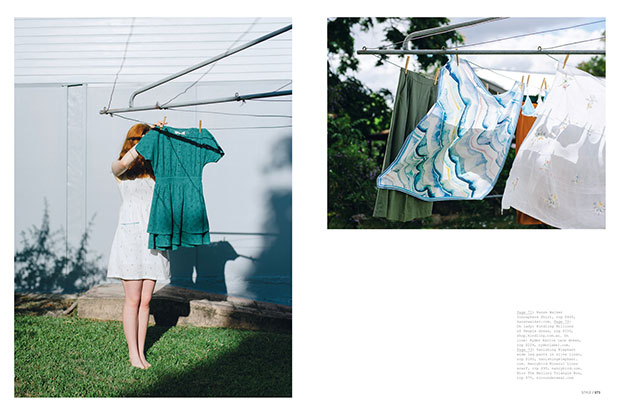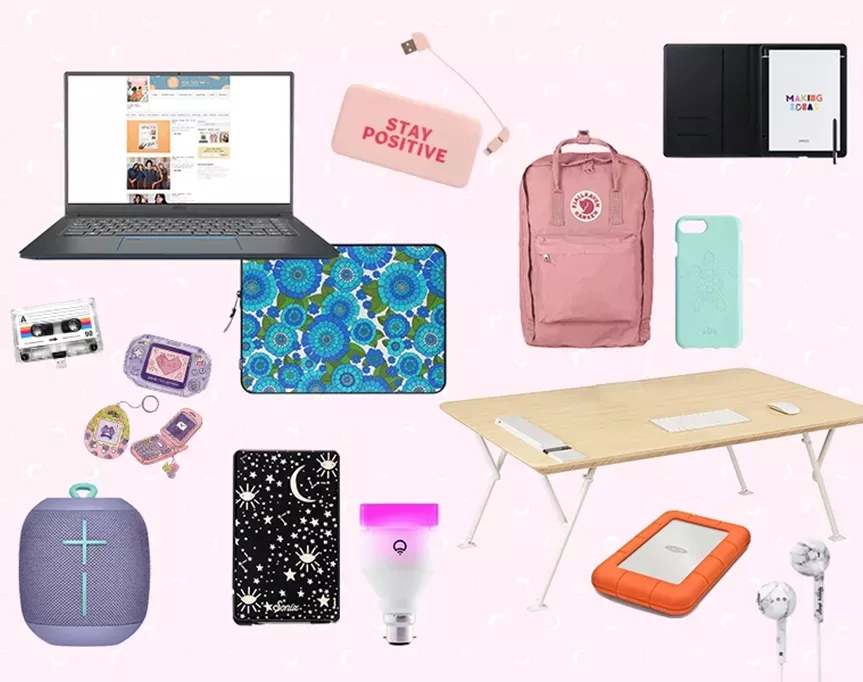what to know before jumping into freelance life
We ask a photographer and two artists about taking the plunge into freelance life.
Freelance life can be as daunting as standing on a diving board while looking down and as liberating as taking the plunge into the water. At times, the ebbs and flows of work can feel like riding a non-stop roller coaster: it’s a thrill, but if someone doesn’t occasionally turn on the brakes, you might hurl up your breakfast. And if we include another metaphor in this opening paragraph, you might compare us to your wise aunt who speaks in riddles when all you want is some STRAIGHT UP PRACTICAL ADVICE.
Luckily, we’re here to give you both. Freelance life is not for everybody, but for those of us who have chosen this path (or are considering it), the following advice from three full-time freelancers might prove helpful.
Snaps by: Natalie McComas, Tatanja Ross, Mark Lobo
THE FREELANCER PANEL
Natalie McComas, photographer – 11 years as a freelancer.
Carla McRae, illustrator – nine years as a freelancer.
Jeffrey Phillips, illustrator – eight years as a freelancer.
GO SLOW AND STEADY WHILE STARTING Carla: Think of your practice as a long cumulative project. It might feel slow at the start but everything you work on will build up and form the basis of what you will get hired for in the future.
Natalie: While I just jumped in, in hindsight, I could have made my transition smoother by doing it slowly. Set yourself some mini goals, get some savings behind you, and reduce your full-time job to part-time. This will take the pressure off “making it” straight away and give you a chance to feel out what works for you.
A spread by Natalie McComas for frankie
BE UNIQUE, BUILD COMMUNITY AND HUSTLE Jeffrey: It’s good to be around people who do the same thing as you for support, advice and company. However, when it comes to hustling for work, try to position yourself in a space where no-one else is doing the same thing. You’ll find that you need to hustle less when you’re the only one doing it in your community.
Carla: I used to send cold-call emails to agencies, reach out to people to say hello and share my work. I think that now it’s important to have an online presence and keep it updated, but also have a community IRL to match it. So much work comes through word of mouth – so be social and be nice!
KEEP A WORK ROUTINE AND MAKE TIME FOR FUTURE YOU Carla: This is the endless struggle because the freelancer’s to-do list is never complete! My tip is to schedule in things for future you to enjoy: a park date in the sunshine, a catch up with friends, a weekend away. And hold yourself accountable to these plans like you would a deadline.
Natalie: I keep 9-5 hours as that works best for me, and I try not to do any work on the weekends. I also have a strong personal daily routine that keeps me grounded, just so I don’t feel like everything is always in flux.
Illustrations by Jeffrey Phillips
TURN CLIENTS INTO RAVING FANS AND WORK WILL COME Natalie: I heard once that the best type of marketing anyone or any business can have is a raving fan. If you work well for one client, they will refer you onwards. I found freelancing to be like a ripple effect – I can usually trace one job back through several others.
Jeffrey: Do good work, be reliable and be good to work with. If you can do these three things, then everything else will take care of itself in time.
KNOW YOUR WORTH AND TALK RATES WITH YOUR MATES Carla: I’d encourage people to talk to their fellow creative mates about money a little more. It’s a tricky conversation, but you might find out you’re chronically undercharging for your work, which inadvertently devalues everyone else’s work, too. Nobody wants that!
Mural by Carla McRae
PEACE OF MIND IS JUST A NEST EGG AWAY Jeffrey: When you freelance, you’re not only responsible for what goes out but you are in charge of what comes in, too. There is no such thing as consistency with freelancing. To ride out the ups and downs, you need to build yourself a buffer of at least three months worth of income. The peace of mind this will bring you is invaluable.
Natalie: I always make sure that I have a nest egg there for when times are quiet, but also to pay my quarterly tax instalments. It’s easy to think you have heaps of savings sometimes. Then you realise that’s because you haven’t paid tax yet! Get stuck into doing your books each quarter rather than doing it at the end of a long year.
WEIGH UP THE PROS AND WOES BEFORE DECIDING IF FREELANCING IS FOR YOU Carla: The pros are having a flexible schedule, being your own boss and total accountability. The cons are that all of this freedom can be really overwhelming and even paralysing. The reality of freelancing is motivation, discipline and multitasking (a lot).
Natalie: You need to be really self-motivated, organised, reliable and proactive on following up leads and bookkeeping. You do learn things the hard way. It can be lonely when it's quieter and it can be frantic when it's busy. On the upside, you're always being challenged and meeting interesting and lovely people.
Jeffrey: The only way to really know is to give it a go. Try it out on the side to see if it’s something that could work for you. If you find that it’s too difficult, then there you go. If you find it an enriching and empowering experience, then I think you know what to do.















.jpg&q=80&w=316&c=1&s=1)













.jpg&q=80&w=316&c=1&s=1)










